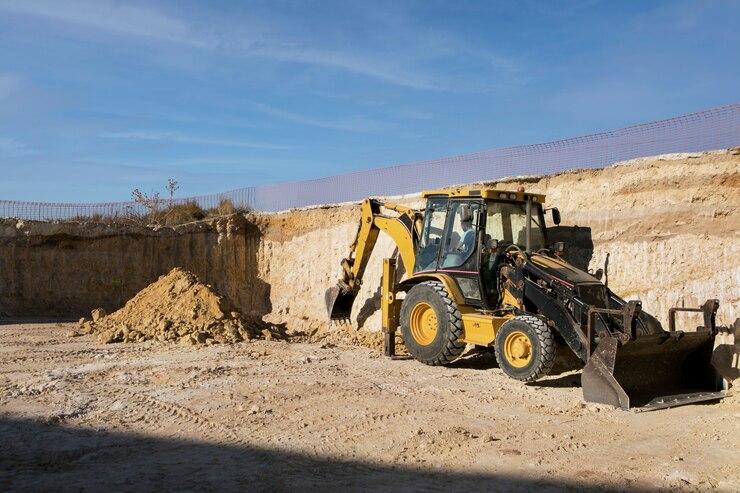The construction aggregates is a major sector in the Philippines that produces significant economic value. Sand, gravel, crushed stone, and other aggregates are essential raw materials used in infrastructure projects like buildings, roads, bridges, and other construction activities. The Philippines has abundant aggregate reserves spread across the country that are suitable for various construction purposes. Majority of aggregate production comes from riverbeds and shorelines where sand and gravel deposits are extracted through dredging and quarrying. Crushed rock is also produced through quarrying igneous and metamorphic rocks found in different regions.
Demand and Philippines Construction Aggregates
With the rapid urbanization and growth in infrastructure development over the past decades, demand for aggregates in the Philippines has steadily increased. Government programs for expanding transport networks and building projects like mass housing have further boosted the sector. The demand is projected to continue rising with multiple infrastructure projects under the 'Build, Build, Build' program. While aggregate reserves are widespread, extraction is limited to certain areas with viable deposits and transport connectivity. Supply largely comes from over 250 aggregate quarrying sites across Luzon, Visayas and Mindanao. The increasing consumption has put pressure on natural reserves in major producing regions requiring sustainable resource management and adopting recycling practices.
Aggregate Resources and Production Centers
Key aggregate resources in the country include sand, gravel, crushed stone, and volcanic cinders. River run/dredged sand extraction mainly occurs along Cagayan River, Pampanga River, Agno River and other major rivers. Marine sand is dredged along shorelines and areas like Manila Bay. Major crushed stone is obtained from basalt and andesite deposits in Benguet and neighboring provinces. Other crushed rock sources include limestone in Bataan and marble in Romblon. Major aggregate producing regions are Central Luzon, Cagayan Valley, Ilocos, CALABARZON and Eastern Visayas that cater to local and Manila construction needs.
Environment and Resource Management Issues
While being an essential, unregulated aggregate extraction has caused environmental damage like habitat loss, degradation of water bodies and disruption of river flows. Extraction in floodplains and riverbanks has exacerbated flooding in some areas. Conservation groups have raised issues of damage to marine ecosystems due to indiscriminate dredging. Declining natural reserves and pressures on extraction sites have led to conflict between miners, local communities and authorities. Effective planning, regular monitoring and adopting sustainable mining practices are required to balance development needs and protecting the environment. Promoting recycling of construction waste can help reduce dependency on natural resources.
The construction aggregates sector is projected to steadily grow in the Philippines underpinned by the government's 'Build, Build, Build' infrastructure program. Rapid urbanization and economic expansion will drive increased demand for building materials. While natural sand and gravel reserves are depleting, the is adapting through efficient resource mapping and management. Focus on recycled aggregates and usage of alternative materials can supplement traditional sources. Sustainable practices including mine rehabilitation are important to protect the fragile ecosystems impacted. With the abundant aggregate deposits and strategic minerals management framework, the construction aggregates is envisioned to play a vital role in the country's development.
Get more insights on this topic: https://colinwilson11.hashnode.dev/philippines-construction-aggregates-construction-aggregates-booming-philippine
About Author:
Priya Pandey is a dynamic and passionate editor with over three years of expertise in content editing and proofreading. Holding a bachelor's degree in biotechnology, Priya has a knack for making the content engaging. Her diverse portfolio includes editing documents across different industries, including food and beverages, information and technology, healthcare, chemical and materials, etc. Priya's meticulous attention to detail and commitment to excellence make her an invaluable asset in the world of content creation and refinement. (LinkedIn - https://www.linkedin.com/in/priya-pandey-8417a8173/)

